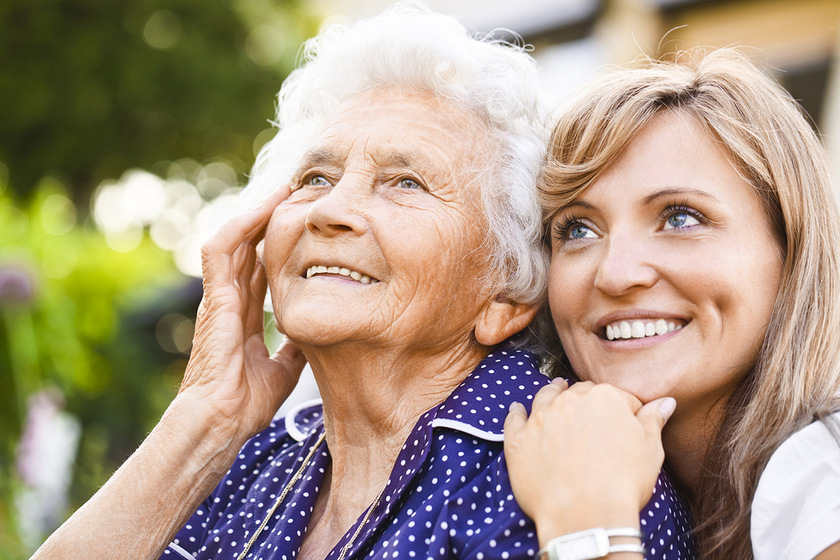Have you ever heard the phrase “use it or lose it?” It’s not just for exercise! People often assume that once they stop working, they’ll have plenty of time to read books, learn new skills, and expand their horizons. But as we get older, we become more sedentary and less curious about the world around us. This can lead to mental decline—and even Alzheimer’s disease—so it’s important for adults in their golden years to keep their minds active. Lifelong learning in senior living in Magnolia, NJ, is a great way to do that. With so much free time on your hands and so many potential ways to spend it, it would be wise to make sure that you’re doing things that will keep you healthy and happy while also keeping your loved ones safe at all times!
Knowledge Expands Your Horizons And Adds Meaning To Life
Knowledge expands your horizons and adds meaning to life. Learning is a lifelong process that continues beyond college (or high school).
When we learn new things, our understanding of the world increases, and we can see things differently and make better decisions based on what we know.
Learning new things also helps us feel less stressed. Stress is caused by many factors, including having too much to do or not having enough time in which to complete them all, as well as being around people who bring negative energy into your life–and sometimes even just because you don’t know any other way than being stressed out! When we learn how stress works inside our bodies, it helps us manage it better so we can live happier lives overall; this includes learning how meditation works along with other techniques, such as yoga classes offered at senior living communities in Magnolia, NJ.
Lifelong Learning Helps Keep Your Brain Healthy
Lifelong learning can help you stay sharp, which is important as you age. As we get older, our brains naturally shrink and begin to lose neurons (nerve cells). This is called “cognitive decline” or “brain atrophy.” While not everyone experiences a cognitive decline, keeping your brain active is essential to prevent it from happening.
Lifelong learning is one way to do this. By continuing your education and learning new things—whether through a formal program or simply by reading books on subjects that interest you—you’re keeping the neurons in your brain stimulated and healthy, which can help prevent cognitive decline later in life. Lifelong learning also helps improve memory skills because the more information you have stored away in your mind, the better equipped you are when storing new memories or recalling memories from long ago!
Lifelong Learning Keeps You Physically Active
If you’re looking to keep your body healthy and active, lifelong learning is the perfect way to start. There are so many physical activities that you can explore! From group exercise classes to home-based workouts, there are plenty of ways to be more physically active. Why not try a dance class or join a park district softball league?
All these activities come with their own set of benefits. By engaging in physical activity on a regular basis, you’ll reduce your risk for heart disease and stroke, as well as lower blood pressure and improve cholesterol levels. You may also find that this helps improve sleep quality—another key part of living well into old age!
Conclusion
Learning new things is a great way to stay healthy and happy as you age. Whether it’s something new like learning to cook or something old like taking up a language again, lifelong learning can help improve your brain health and make life more interesting. By challenging your brain with new subjects and topics—and by increasing your awareness of various disciplines—learning will keep your mind sharp for years to come.







